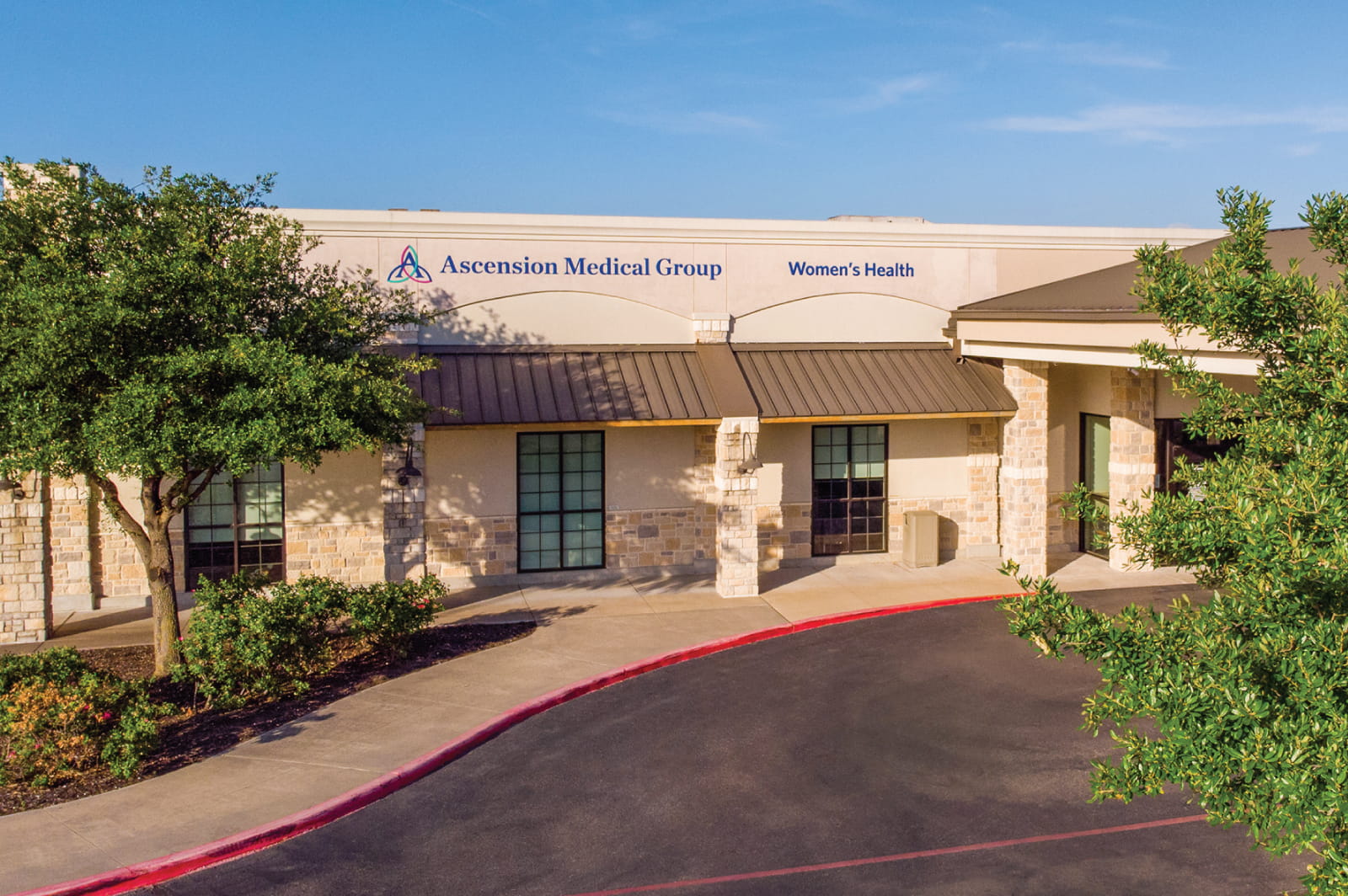Thyroid disorders, ovarian dysfunction, uterine abnormalities such as fibroids and polyps, and other factors can all play a role. And many women suffer from pelvic pain, either with their period, intermittently throughout the month, or sometimes through the entire month.
Evaluation of these problems often involves a thorough history, a complete physical examination, blood work and possibly ultrasound or biopsy.
Menstrual Disorders
Menstrual disorders range from absent periods to heavy or frequent periods to irregular, unpredictable bleeding. A wide variety of treatment options are available, from hormonal and non-hormonal medication to minor surgical procedures to more definitive surgical therapy.
Endometriosis and Pelvic Pain Treatment
There are many different causes of pelvic pain. Evaluation of this common problem often includes a thorough history, a pelvic exam, and an ultrasound.
One possible cause of episodic pain is endometriosis, a condition in which the lining of the uterus has migrated to the lining of the abdomen and pelvis. These pieces of endometrium, called implants, adhere to the surface of the peritoneum, intestines, bladder, ovaries or uterus. They respond to the hormone signals from the ovaries and can cause significant pelvic pain, especially around the time of your period.
Endometriosis is generally treated with ovarian suppression, using hormones like birth control pills, or with surgery. Talk with your physician or nurse practitioner if you have questions about pelvic pain or a strong family history of painful periods or endometriosis. With the proper diagnosis and treatment plan, pelvic pain can be resolved or controlled, improving your quality of life significantly.
Endometrial Ablation
Uterine ablation is a minor, outpatient surgical procedure used to treat heavy menstrual periods. During the procedure, the lining of the uterus is destroyed through heat or cold therapy.
The procedure used most often in our office is the Novasure technique. This approach gently removes the lining of the uterus and dramatically decreases or stops menstrual bleeding. It is very safe, and avoids the surgical risk of hysterectomy and the potential side effects of hormone treatment. Studies have shown a 95 percent satisfaction rate with this treatment, and recovery time is often only one to two days.
Patients should not get pregnant after an endometrial ablation, so you should be finished with childbearing before undergoing this procedure. If you are interested in a safe, non-invasive, non-hormonal treatment for heavy periods, talk to your doctor about an ablation and find out if this therapy would be right for you. Visit www.novasure.com for more information about the procedure itself.
